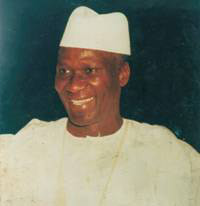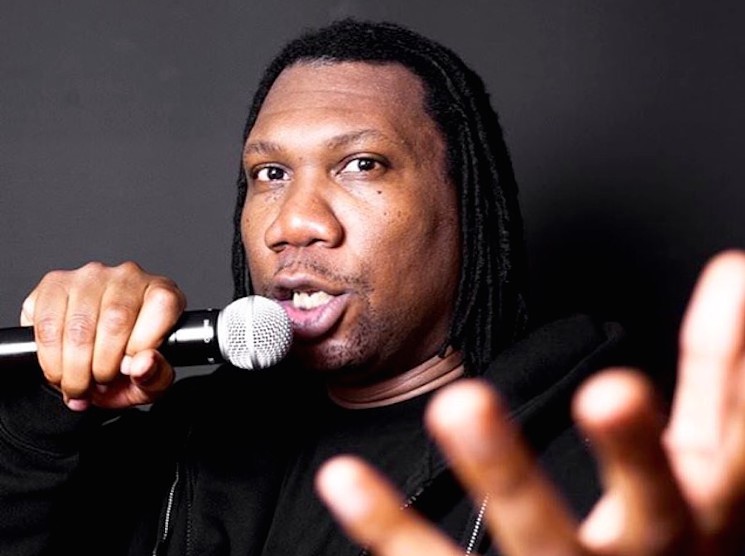Although I respect the spirit of what my comrade was saying, I respectively disagree with this analysis. Instead, I adopt the perspective advanced by our extremely thoughtful ideologue Sekou Ture - that great son of Africa - who wrote quite extensively about culture. In his legendary article "Revolution, Culture, and Pan-Africanism" Ture argues that culture is only a manifestation of the masses of people. In other words, it cannot be owned, by anybody. Even when its produced, its not the artist who owns it because they are only the latest conduits in expressing the spirit of the people. So, they cannot own culture. Even something they produce in a record. This is true because the artist, especially an African artist, is only able to express their art because of our mass struggle for justice. Were it not for that struggle, there would be no record contracts, no albums, no LPs, no CP, no concerts. None of that. So, the artist automatically owes a debt to the masses of people.
This obviously isn't the primary way this issue is thought of in this backward society. Instead, culture, like everything else in capitalism, is thought of as a commodity to be bought and sold. Along with that, like everything else, its defined through an individual perspective. So, the dominant point of view is that artists like KRS-1, Beyonce, Prince, Jay-Z, James Brown, Nicki Minaj, Parliament-Funkadelic, etc., all own what they have presented to us and therefore, its attached to them forever. That's the capitalist perspective, but that's not how African culture works. And despite being confused about being Africans and our connection to universal elements of African culture, every African knows that culture is a mass vehicle. This is the reason that Prince dies and we take to his music. Not because we knew him. We didn't. Not because we are relating to him as an individual. We take to his, Michael's, Maurice White's, Phife Dog, etc., because what each of them produced spoke to elements of our lives. They spoke to our experiences. Their music provided comfort through difficult periods. It gave backdrop for exciting periods. This is all because the music is there for us. It's a reflection of us. It is us. Its us because our culture is us. No contract or price tag could ever change that. That was Sekou Ture's message. Our culture can never be for sell. It can never be bought and sold just like we never submitted to being bought and sold. And guess what? As you probably already figured out, this principle is universal and applies to all people, not just Africans.
That's why we believe that whether she knows it or not, Beyonce, is simply the latest voice for our people's aspirations. No more or less important than Nina Simone, Miriam Makeba, Celia Cruz, or Chaka Khan. Just a different vessel to spread the message we need to spread. Of course, due to the fact our culture has been materialized as a commodity, our artists often do not see their role as providing inspirational messages in their art, but that is just part of the work we need to do to educate around culture. In spite of that particular contradiction, we know that since culture belongs only to the masses of people, that KRS-1, or anyone else, can produce a truly revolutionary song one year, and a completely reactionary one the next (which happens often). Since the culture belongs to us, we can embrace the revolutionary song produced and completely reject the reactionary ones, and the artist for that matter, without there being a single contradiction.
We should continue to push our artists to produce art that inspires our people and humanity to struggle forward, but since the majority of people are not involved in organizations and not a part of the work to organize for revolutionary change, we have to accept the reality. The majority of our artists are motivated by money and not the forward progress of our people. These are all the issues we will have to work out as we fight to build a stronger movement for justice that can one day make our artists accountable to us with the art they produce. In the meantime, I'll continue to bump "Ah Yeah" because by doing so I'm not endorsing KRS-1's reactionary posture. Instead, by playing that record, I'm actually reminding everyone what type of values we need to hold him and all of them accountable to.



 RSS Feed
RSS Feed
